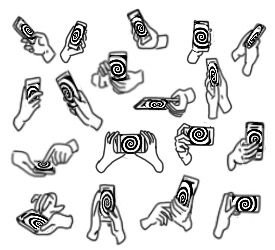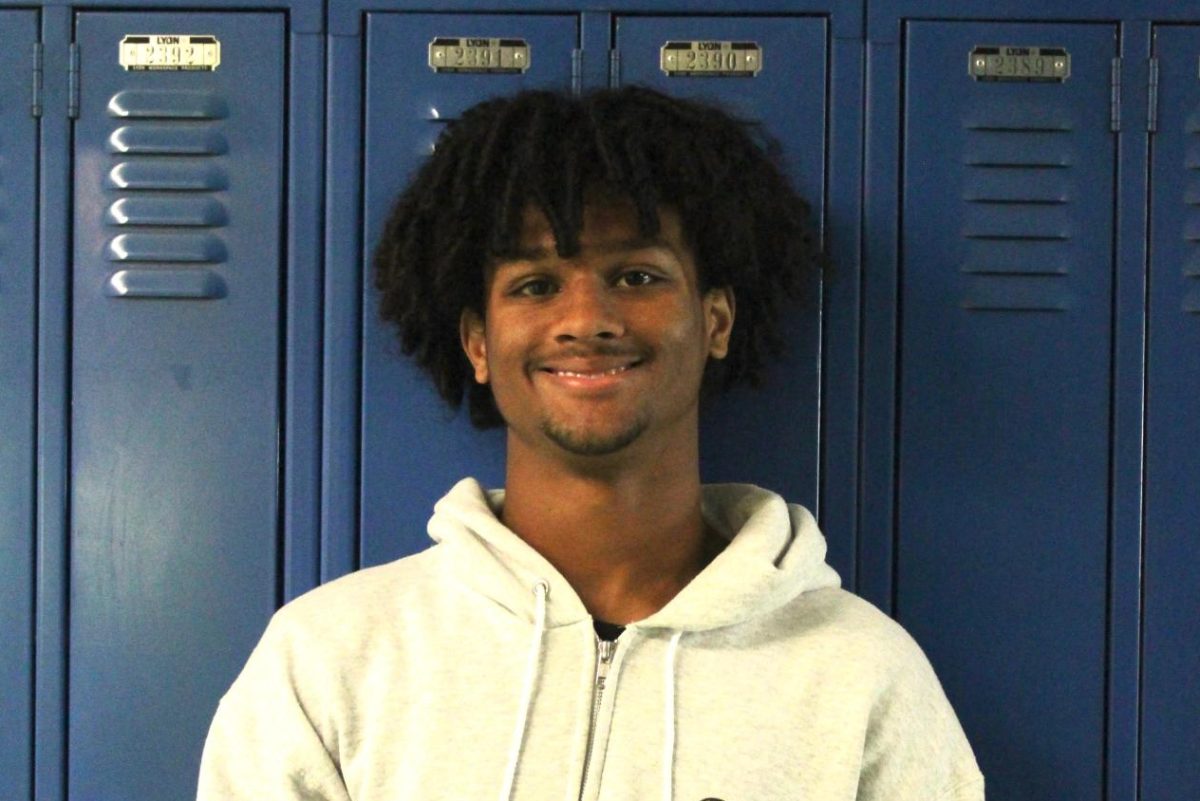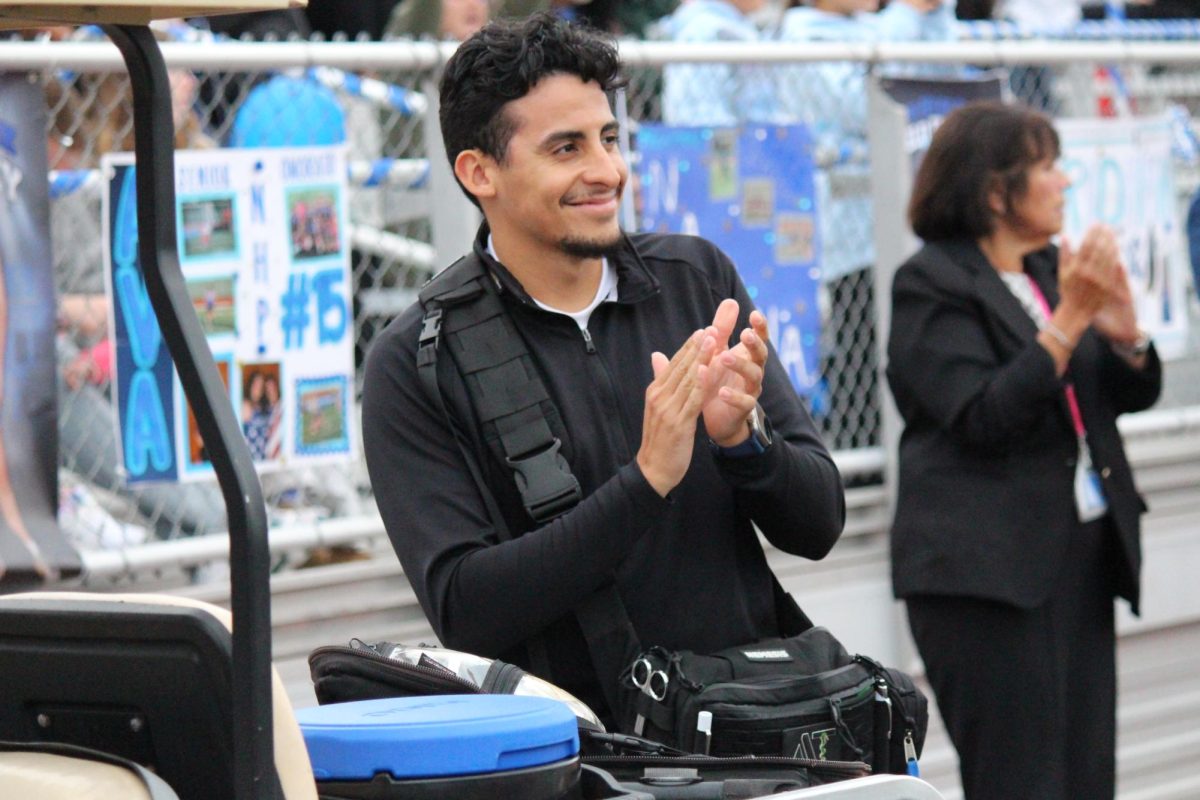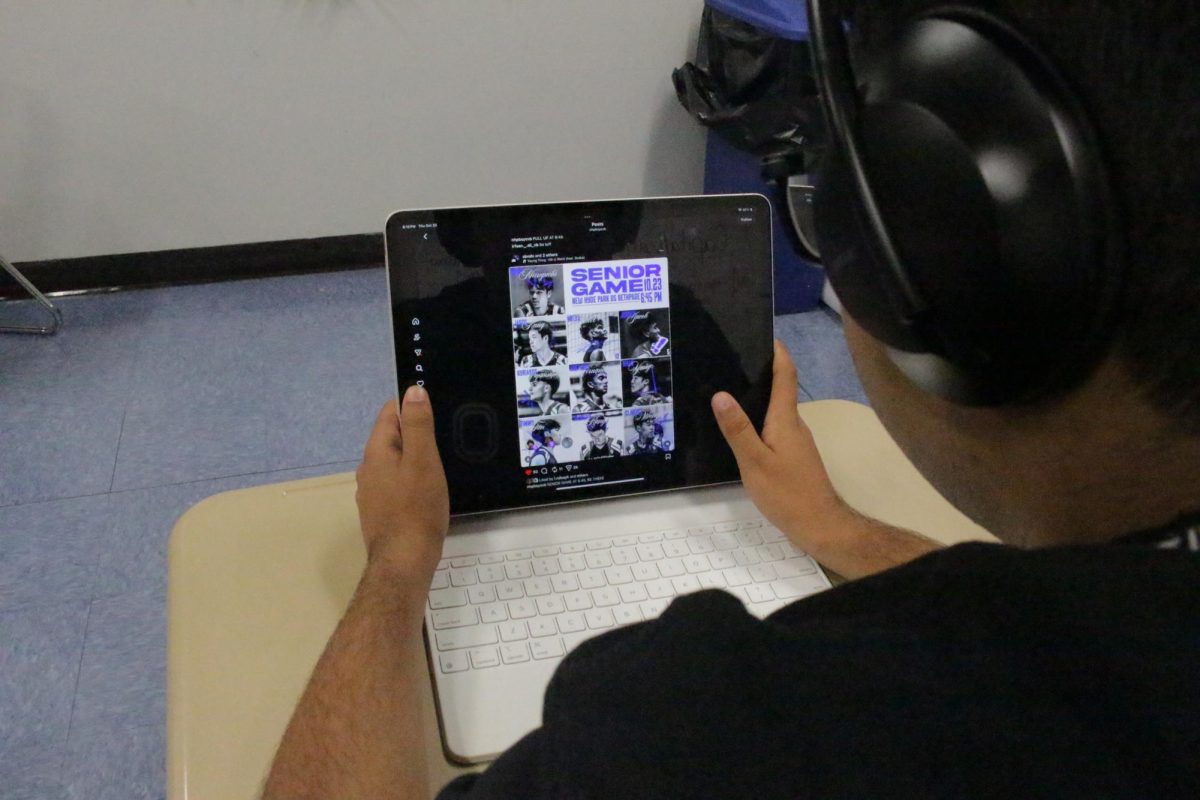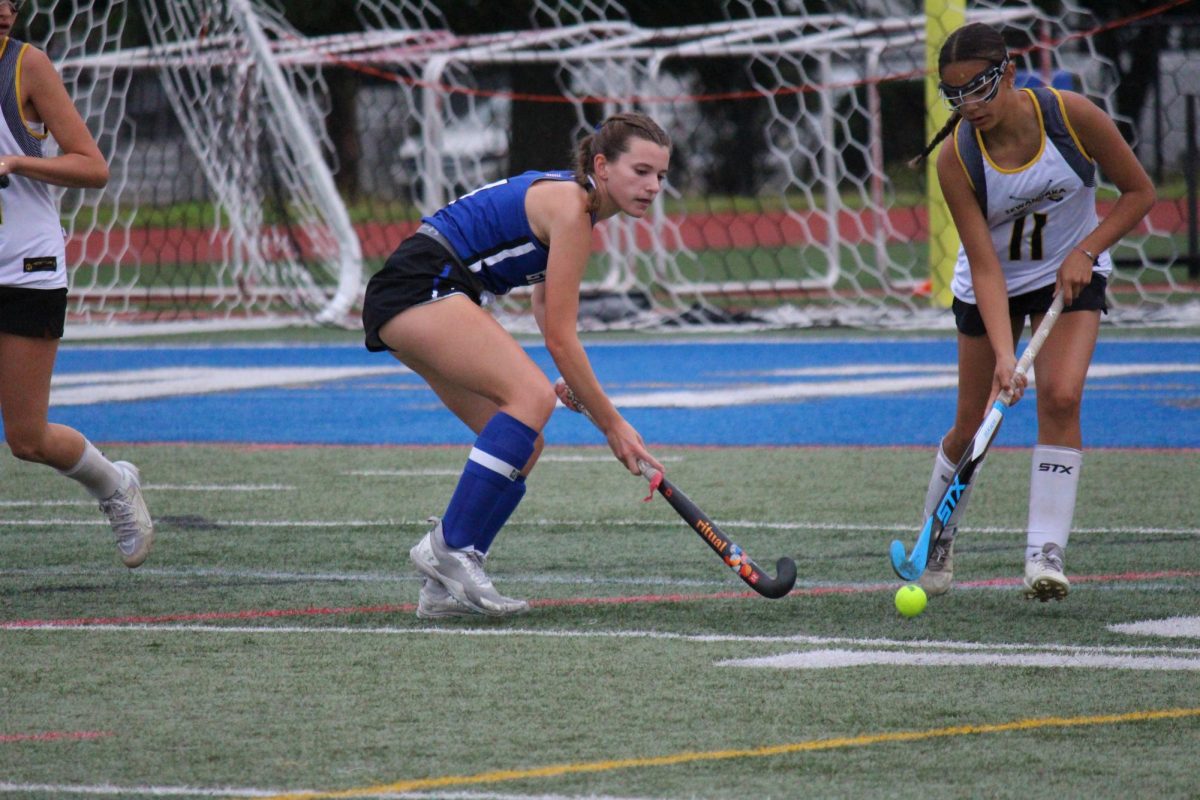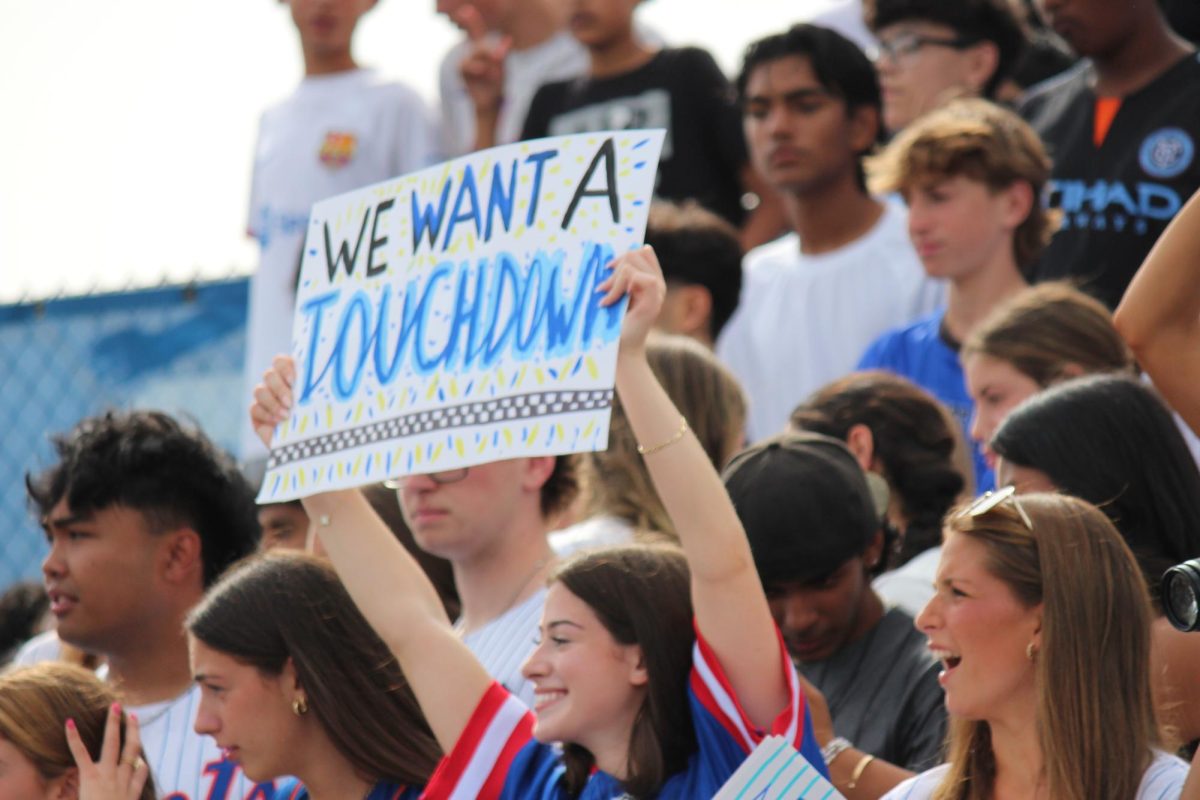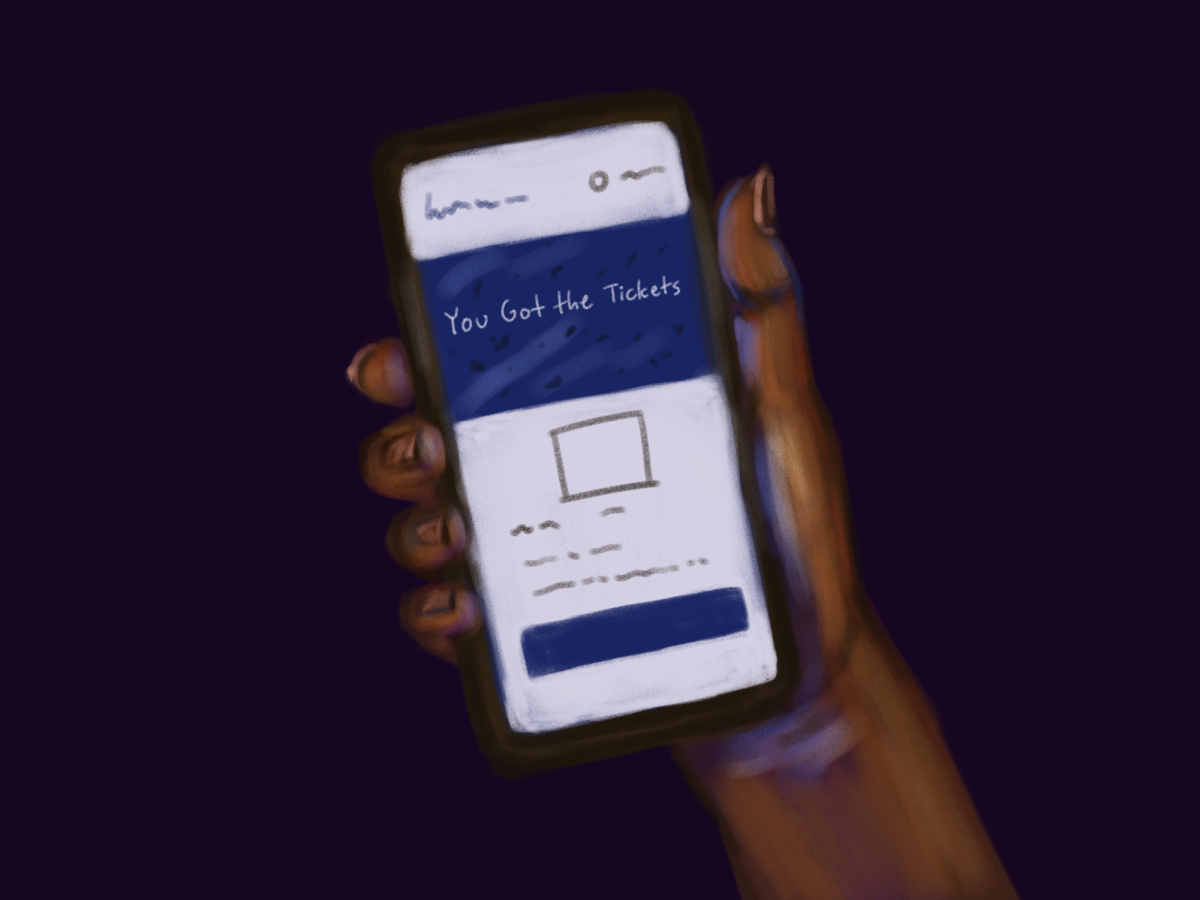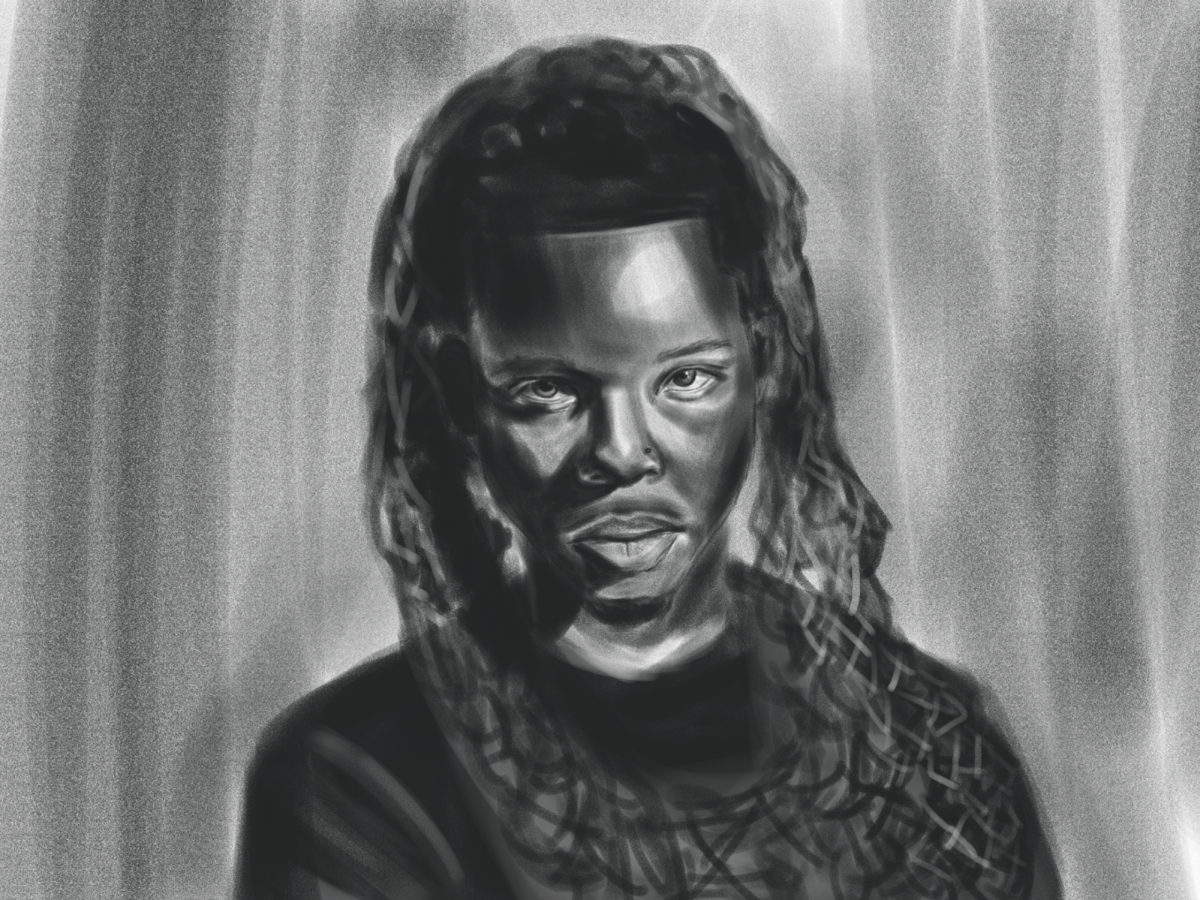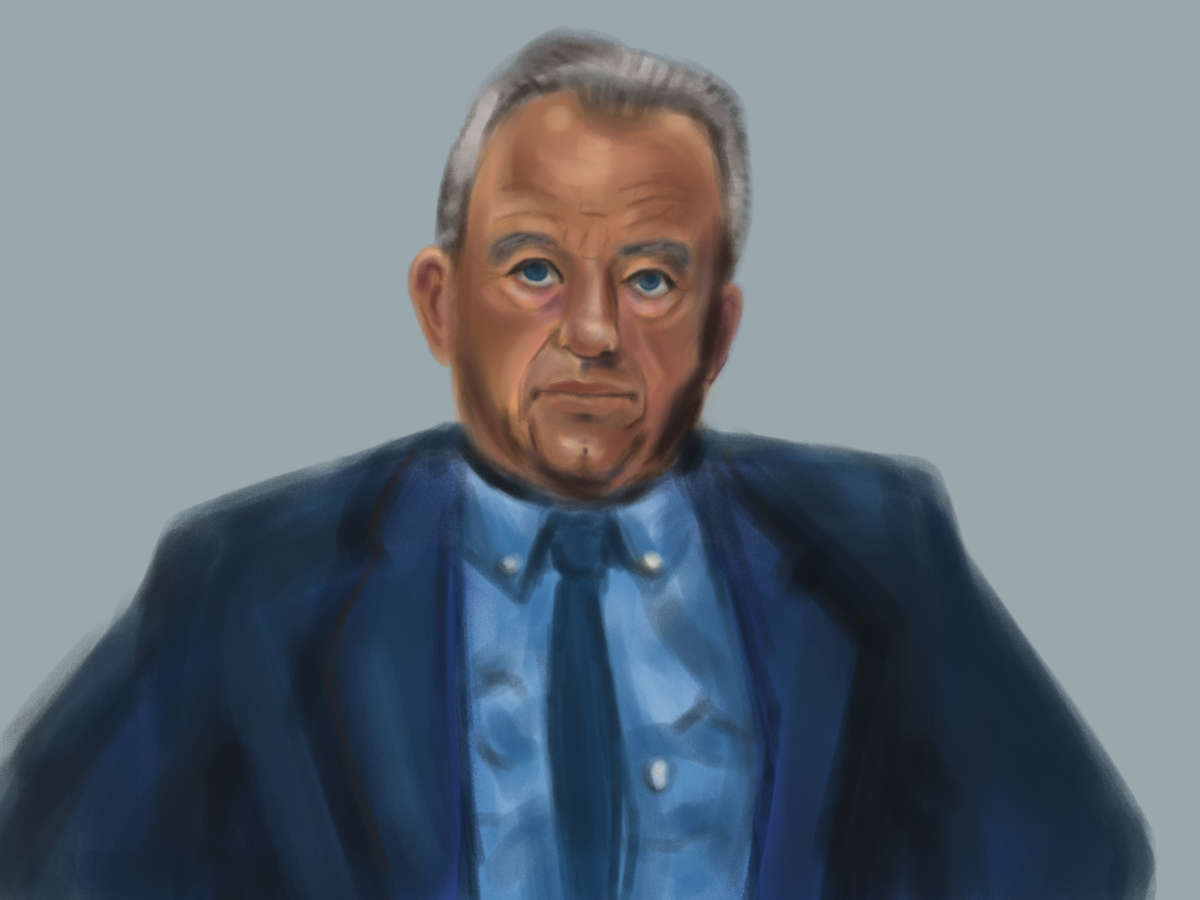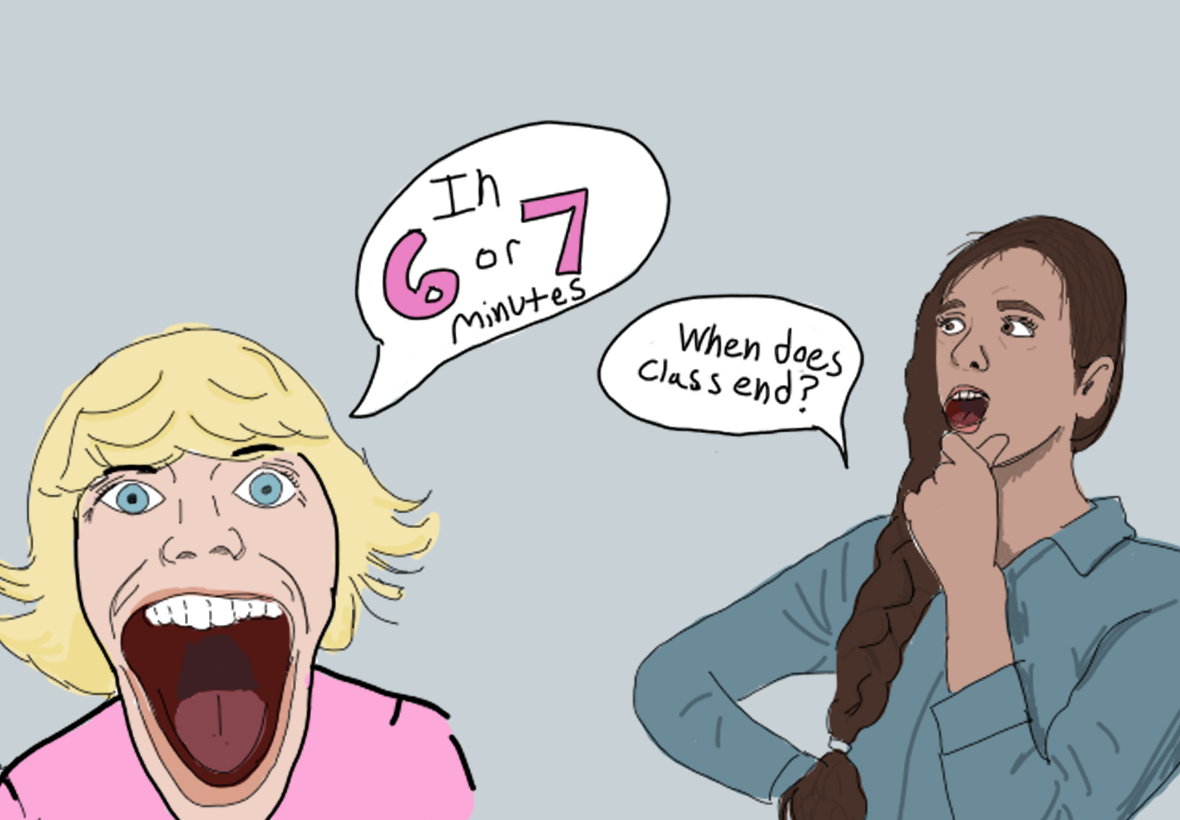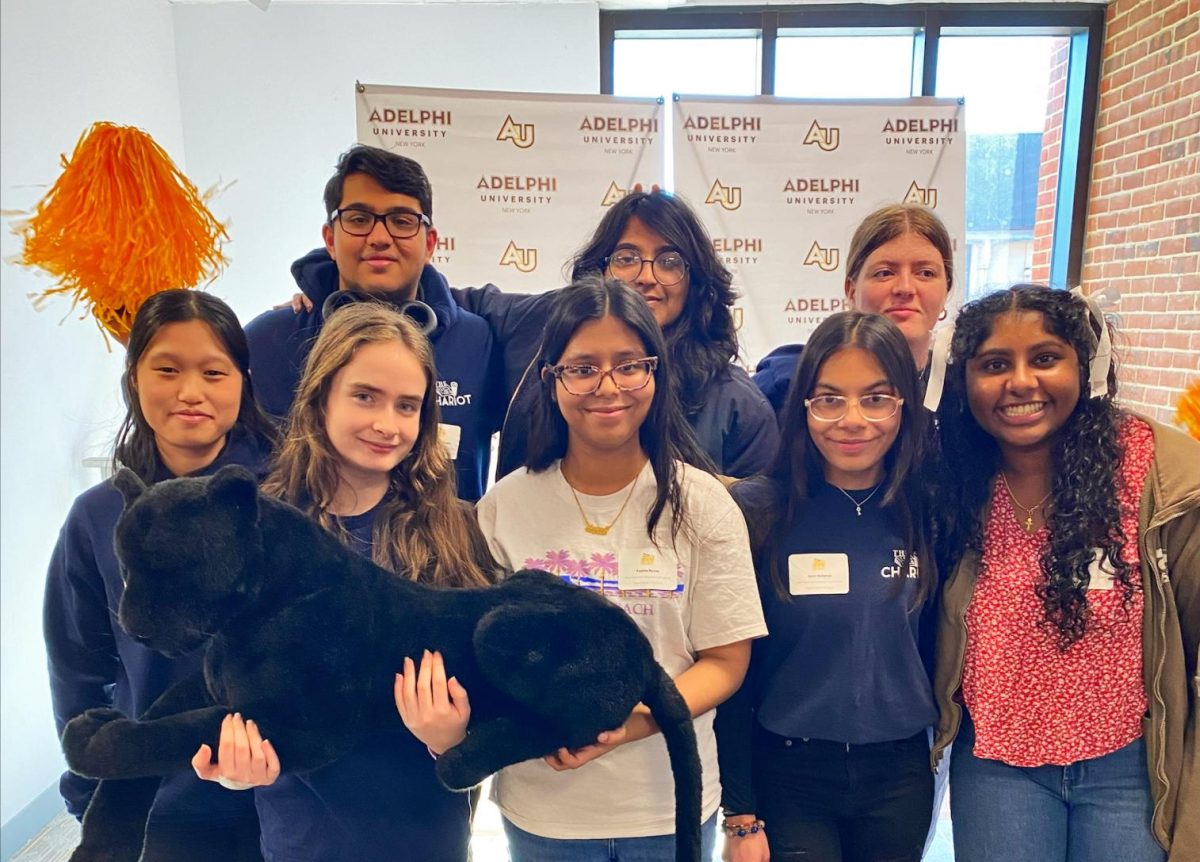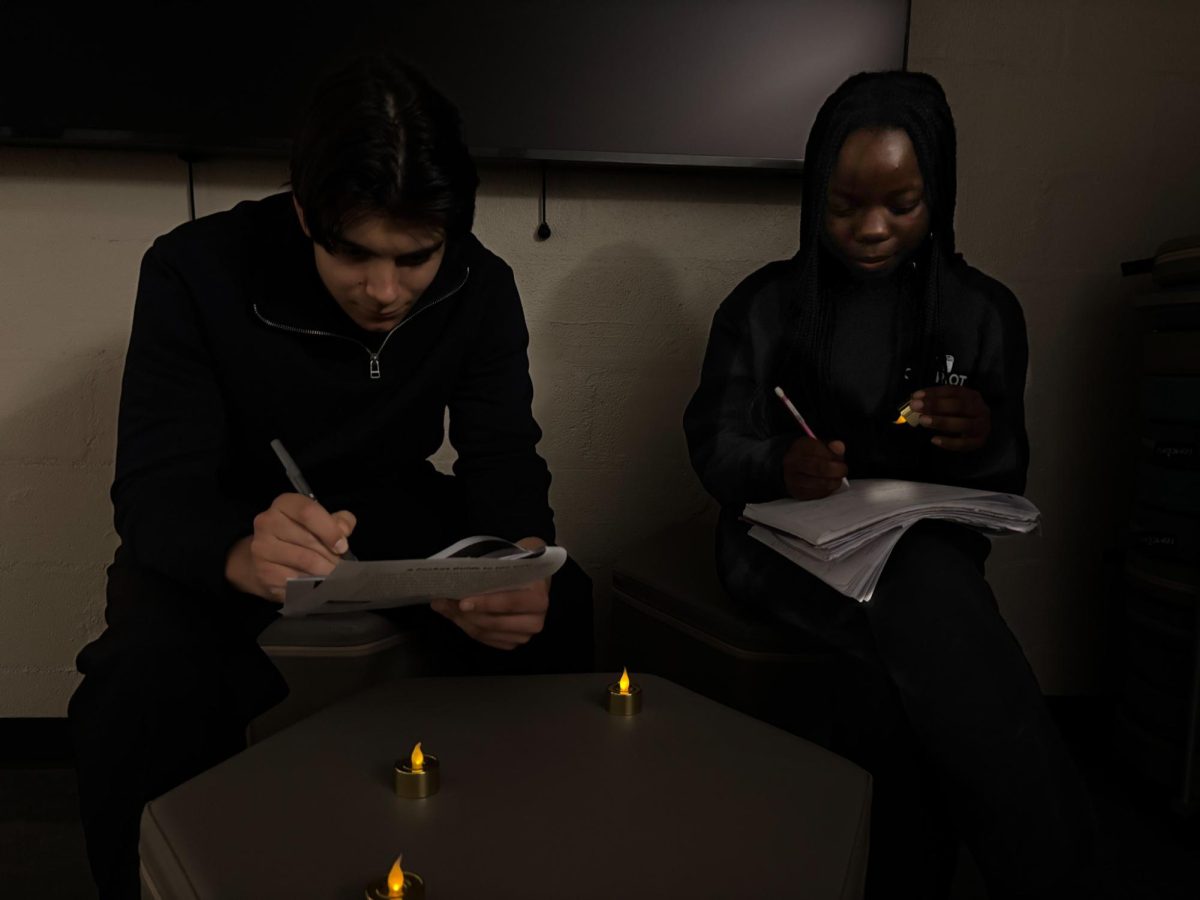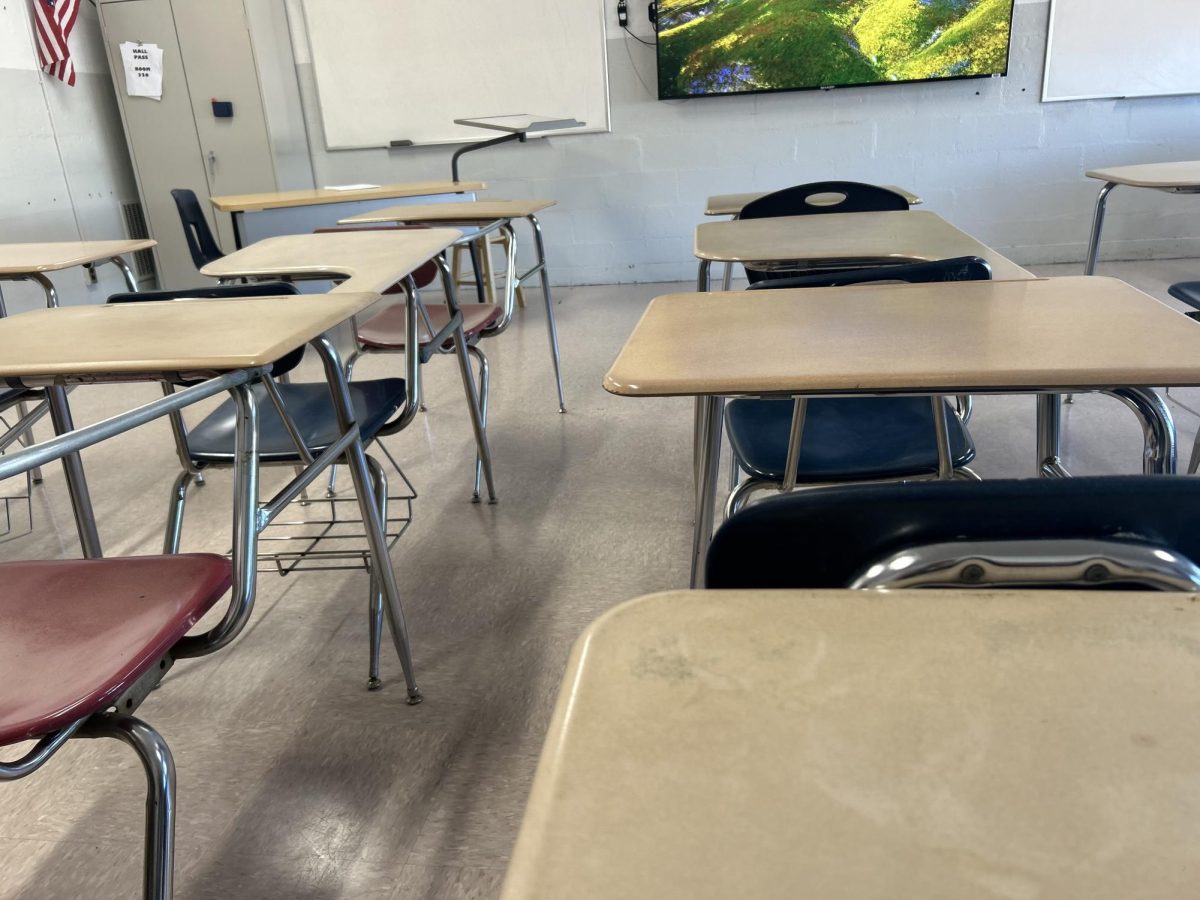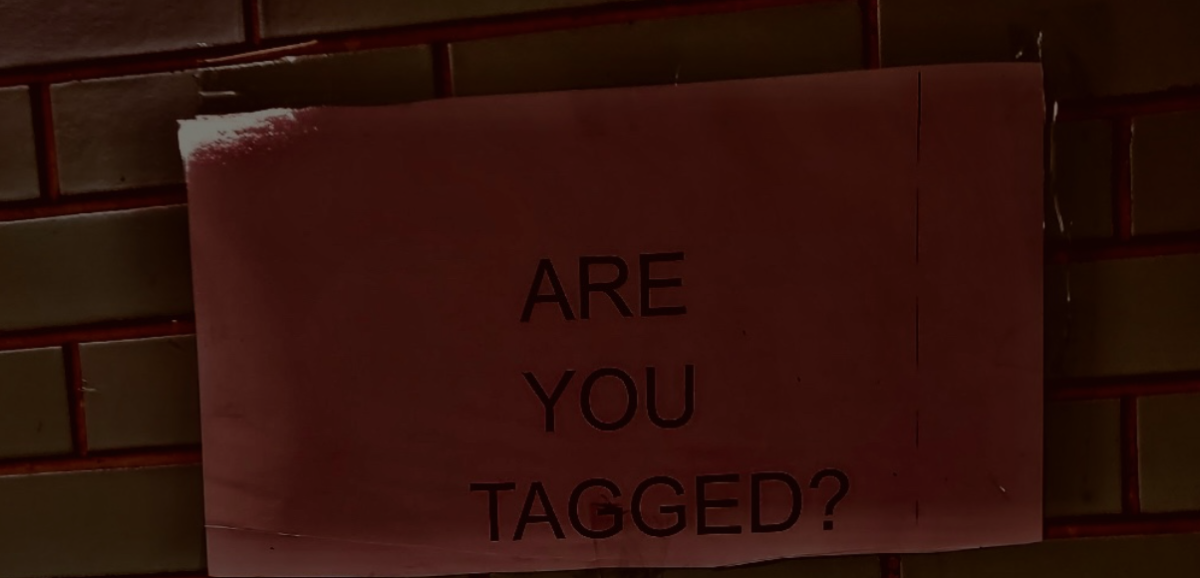The University of Michigan boasts one of the most successful college football teams in the country: The Wolverines. The team went into the Big Ten championship game against their rivals, the Buckeyes of Ohio State, with an undefeated record. However, suspicions of cheating by sign stealing by Michigan had been floating around suspicious college football fans. Sign-stealing is when a team exposes the signs that their opponents use to communicate with their players. The National Collegiate Athletic Association does not explicitly ban sign stealing, but it does ban video-recording opposing coaches, as well as in-person scouting.
The allegations of cheating are not the first struggle Michigan has faced this year. Head coach Jim Harbaugh faced discipline in connection with the NCAA for a low-level recruiting violation. While the violation was minor, there was some suspicion that Harbaugh lied to investigators. Michigan suspended Harbaugh for three games to attempt to end the investigation.
The NCAA informed Michigan on October 18 that it was investigating whether the team scouted opponents in person to steal signs. The investigation started when Michigan’s opponents reported to the NCAA that they were concerned about the Wolverines potentially stealing signs. The Big Ten ran its own investigation and determined that Michigan operated a campaign that was an “impermissible, in-person scouting operation over multiple years.” It mentions that the violations were “systemic” showing how it did not happen over one season.
Despite this, the Big Ten claimed that it was unable to prove that Coach Jim Harbaugh was aware of the sign-stealing. He was punished by being suspended from being on the sidelines during the Wolverines’ games. However, he is still allowed to be with the team during the week.
ESPN reported that the scope of this operation includes both video evidence of electronics prohibited by the NCAA to steal signs and a significant paper trail. Connor Stallions, a now-suspended Michigan staffer, was the head of the NCAA’s probe. He was proven to have purchased tickets in his own name to more than 30 games of 11 Big Ten teams. Stallions then forwarded the tickets to at least three different people, which helped to illustrate the size of the project.
There are many perspectives on this issue. Michigan athletic director Warde Manuel said that the suspension was “completely unethical” and “an assault on the rights of everyone (especially in the Big Ten) to be judged by a fair and complete investigation.” The Big Ten Coaches were mostly disappointed with the Big Ten’s response. Purdue coach Ryan Walters said that “what’s crazy is they weren’t allegations. It happened. There’s video evidence. There’s ticket purchases and sales that you can track back.”
Fans of college football, coaches, and staff and students of NHP alike have mixed feelings on the subject.
“As a fan of the Michigan Wolverines, I think that they were punished too harshly,” senior Eric Shi said. “They studied films of players and teams, but they didn’t cheat.”
“I’m not a fan of Jim Harbaugh and I never have been. I think that there was no reason to steal signs, especially with all the films available for teams to use. Overall, college football was negatively impacted by Michigan’s actions,” senior Anthony LaSala said.
“I think that there may be more to the story than we know because Coach Harbaugh was suspended multiple times,” math teacher and college football fan Mr. Brusca said. “Michigan self-imposed his suspension, as well as the Big 10 suspending him, which seems harsh for what they’re accused of. I think sign stealing is more widespread than what is reported on.”



